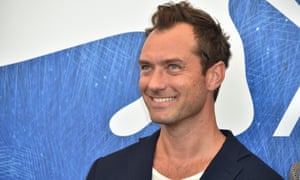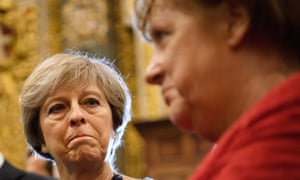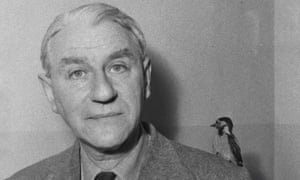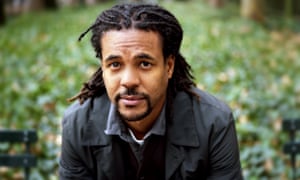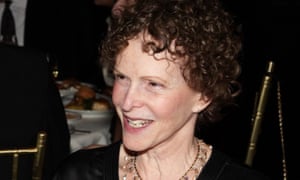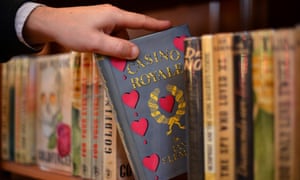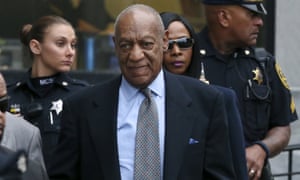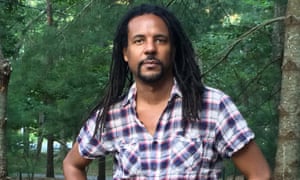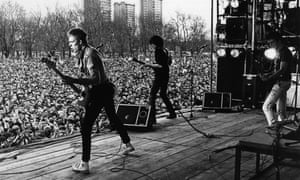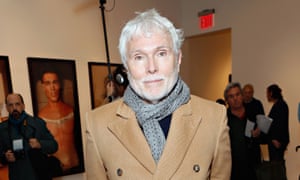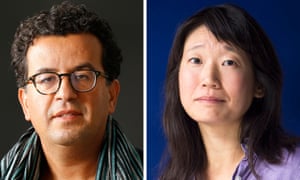Bill O'Reilly's publisher stands by him after Fox sacking Bill O'Reilly's publisher stands by him after Fox sacking
TV host and bestselling author who was fired on Wednesday after multiple sexual harassment claims came to light, retains support of Henry Holt TV host and bestselling author who was fired on Wednesday after multiple sexual harassment claims came to light, retains support of Henry Holt

Fox News may have abandoned Bill O’Reilly, but the beleaguered TV host, who was sacked on Wednesday following sexual harassment claims, has found support from his publisher Henry Holt, which has promised to stand by the bestselling author.
In a statement issued after O’Reilly’s sacking, the Macmillan-owned imprint said it would continue to publish books by the scandal-hit conservative political commentator. Asked by US trade magazine Publishers Weekly if it would still publish an as yet untitled book from O’Reilly and co-writer Martin Dugard lined up for release in September 2017, the imprint said: “Our plans have not changed.”
The broadcaster was sacked suddenly after advertisers boycotted his top-rated The O’Reilly Factor show after it emerged the broadcaster had settled a series of sexual harassment claims, reported to be worth $13m (£10m), with five women, and that the ch3annel was investigating further allegations. As women’s groups called for O’Reilly to be sacked and 50 advertisers abandoned the show, 21st Century Fox, which owns the populist news channel, announced: “After a thorough and careful review of the allegations, the company and Bill O’Reilly have agreed that Bill O’Reilly will not be returning to the Fox News Channel.”
Earlier in April, US president Donald Trump, who is friends with O’Reilly, came to his defence. “I think he’s a person I know well – he is a good person,” Trump told the New York Times. “I think he shouldn’t have settled; personally I think he shouldn’t have settled. Because you should have taken it all the way. I don’t think Bill did anything wrong.”
Despite the scandal, sales of his most recent book have not suffered. According to Publishers Weekly, Old School: Life in the Sane Lane – a rallying cry against “political correctness” and in favour of so-called traditional American values written with Bruce Feirstein – sold more than 67,000 copies in its first week of sale in late March, and has now sold almost 109,000 copies.
As well as homespun political commentary, the 67-year-old has co-written a series of history books with Dugard. Under the series title Killing, the books have sold more than 15m copies worldwide. The most recent, Killing the Rising Sun, which is about the decision to drop atom bombs on Japan in 1945, has sold more than 1m copies.
There are concerns in some circles that Henry Holt will face a backlash over its decision to stand by O’Reilly. It is not the first time the author has found himself at the centre of a scandal. In his 2013 bestseller Killing Kennedy, O’Reilly claimed he had knocked on the door of George de Mohrenschildt, friend of Lee Harvey Oswald, just before he killed himself inside the house – a claim since challenged. His account of his experiences covering the Falklands war has also been disputed.
A clue to how O’Reilly will handle the scandal might be found in one line from Old School. “Rather than major in whining, old school folks tough it out, developing skills to overcome the inevitable obstacles every human being faces,” he writes.



